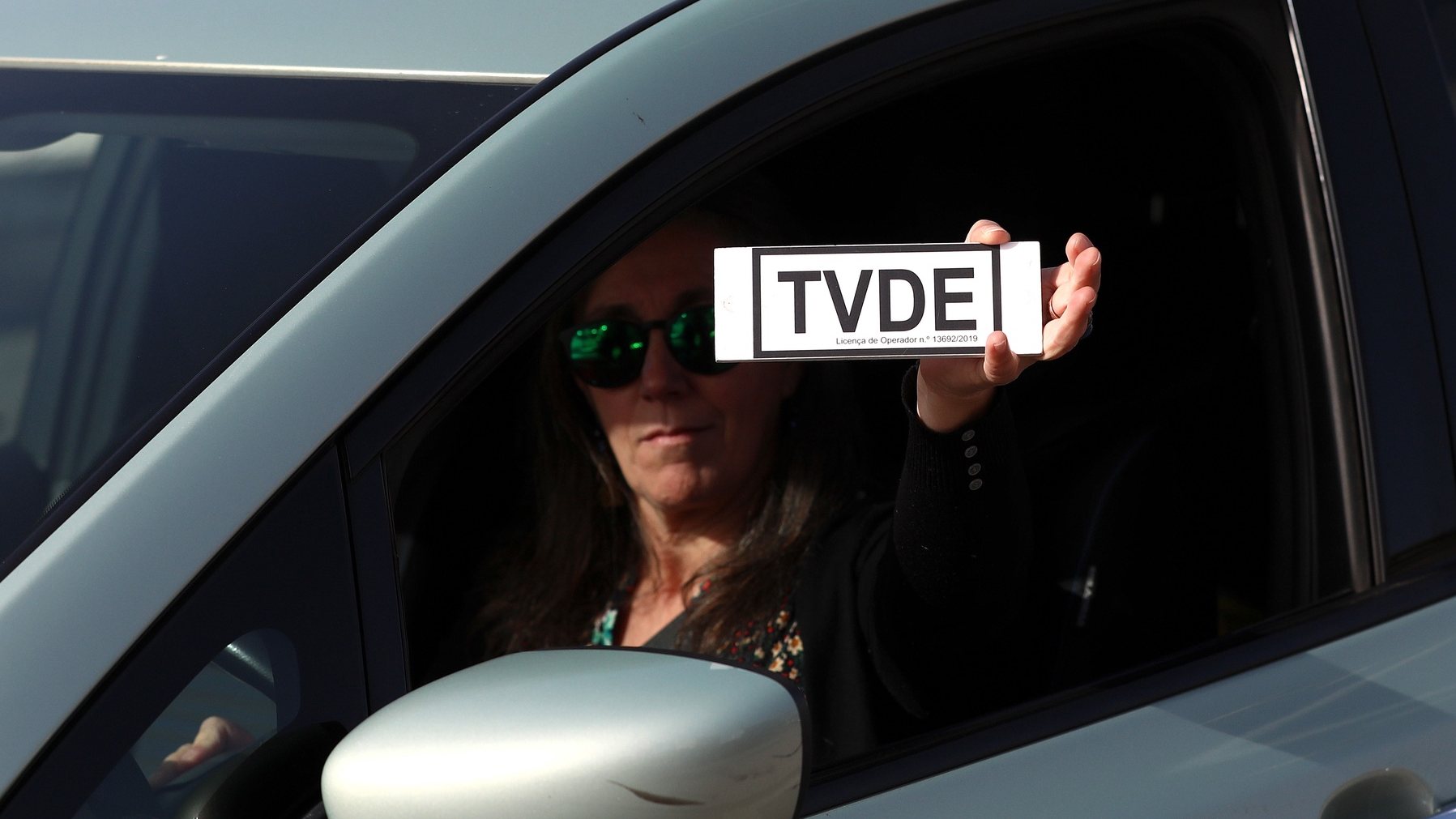The National Association Movimento TVDE (individual and paid transport of passengers in vehicles not characterized from an electronic platform) defended this Tuesday, in a parliamentary hearing, contractual freedom, taking into account the characteristics of the sector.
The association, formed approximately a year ago, and which represents drivers and partners, was heard this Tuesday by a working group of the Employment, Social Security and Inclusion Commission.
“Our association understands that, given the characteristics of the sector and the risks it assumes as an industry, the what seems most logical to us is that there is a certain contractual freedom allow both operators to assume the business risk, and define that they only intend to explore the work tools and pass on that operational risk to the drivers”, Ivo Fernandes, a member of the association, began by explaining to the deputies. .
TVDE Free Now platform closes operations in Portugal
Fernandes mentions that the operators or operators-drivers will be able to “fully assume the risk” of the business, given that, “in the perspective of a total presumption of operability, which necessarily had to come from the platforms, it would be these who delivered the service, those that forced significant changes in the operation”.
Ivo Fernandes exemplified: “if I have someone working for me, I cannot give discretion to accept or not accept the service, to work at the moment I understand”, referring to the fact that such a situation has “a great impact on what are the obligations of the services”. “.
“Platforms cannot define a constant cadence of service provision,” he stressed.
According to the manager, the sector, such as it is and its way of operating, “will always win with contractual freedomthat will allow operators, drivers and platforms to operate”.
The PSD deputy, Nuno Carvalho, questioned the association’s position regarding article 12-A of the Decent Work Agenda (which defines new labor rules in the field of digital platforms such as Uber or Glovo) and urged the movement to Convey your concerns and ideas to the President. of the Republic, who has in his hands the diploma that frames the reforms to the Labor Law for its promulgation.
“The law goes beyond the legal framework. This article is of no use to you, it managed to make everyone unhappy,” Nuno Carvalho advanced, recalling that there are several sectors that are transmitting “their concerns” to Marcelo Rebelo de Sousa.
GNR launches on Monday inspection operation for the transport of passengers by road
The BE deputy, Isabel Pires, also considered that there must be “harmonization between the revision of Law 45/2018 (which legalizes the activity of TVDE) and the decent work agenda”, recalling that the platforms “must have a certain level of responsibility that up to now they do not have”. t have” so that “thousands of people who are unprotected” so far are protected.
Isabel Pires recalled that, from the beginning of the debate on the TVDE law, the Bloco de Esquerda “never defended the tripartite figure: platform, intermediary and workers”, recognizing that It remains to “look at the law and review it“.
The Decent Work Agenda provides for the presumption of an employment contract between operators and digital platforms, such as Uber or Glovo, which will apply to the individual and paid passenger transport sector in uncharacterized vehicles (TVDE).
The document thus provides that the existence of an employment contract is presumed “when certain” characteristics are verified in the relationship between the provider of the activity and the digital platform, leaving aside the reference to intermediary operators.
Most of the EU countries, including Portugal, do not guarantee all the rights of workers on digital platforms
It was also defined that “the digital platform may also allege that the activity is carried out before a natural or legal person who acts as an intermediary of the digital platform” and, in these situations, the presumption of contract “with the court that determines who is the employer.”
Currently, about five years after Law 45, there are two platforms operating in the country: Uber and Bolt, after FREENOW created from MyTaxi (taxi transport service through a mobile application) and also integrated TVDE of the former Kapten, has announced that it will stop operating in the country in April.
Source: Observadora
